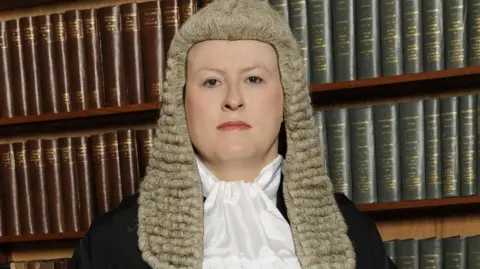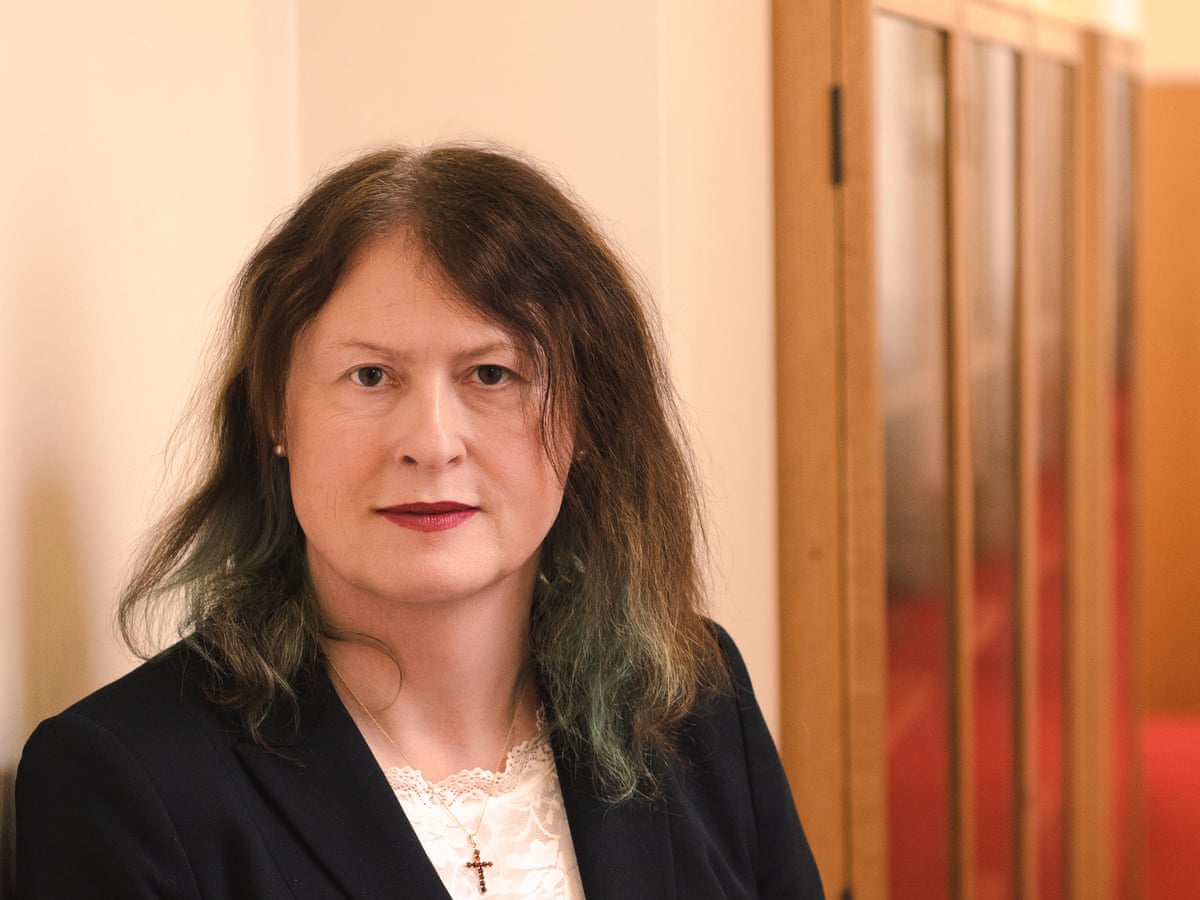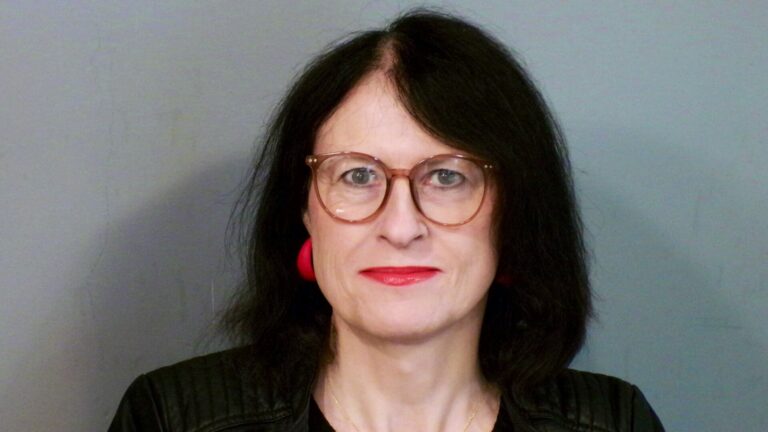Introduction
Dr Victoria McCloud, the UK’s only openly transgender judge, has raised a red flag over the recent Supreme Court ruling on biological sex. Speaking on BBC’s Newscast, McCloud warned that the ruling—upholding the definition of a woman as a biological female under equalities law—endangers trans lives and could result in violence. She plans to challenge the ruling at the European Court of Human Rights (ECHR).
Background: What the Supreme Court Ruled

In April 2025, the UK Supreme Court ruled unanimously that legal definitions in the Equality Act 2010 should be based on biological sex. The verdict prompted the Equality and Human Rights Commission (EHRC) to issue guidance to public facilities and businesses, reinforcing binary sex-based access to spaces like toilets and changing rooms.
Equalities Minister Bridget Phillipson supported the interpretation, saying services “should be accessed on the basis of biological sex,” while Prime Minister Sir Keir Starmer claimed the court provided “much-needed clarity.”
McCloud’s Concerns: “Someone’s Going to Get Killed”
Dr McCloud, who left her post last year and now resides in Ireland, expressed fears that she no longer feels safe in public spaces in the UK. “I’ve got to use the men’s loos in a South London pub with a bunch of drunk blokes,” she told the BBC. “Come on. That’s now government policy. Someone’s going to get killed.”
She acknowledged the safety concerns raised by the gender-critical movement—notably around male access to women-only spaces—but insisted those fears apply equally to trans women forced into male-only environments.
Opposing View: Forstater Says It’s “Irresponsible Alarmism”

Maya Forstater, head of the campaign group Sex Matters, responded strongly, saying McCloud’s fears were exaggerated. “Women have already been assaulted. Many are self-excluding due to the self-ID policy McCloud endorses,” she said. “There are gender-neutral spaces available. This is irresponsible alarmism.”
Forstater’s position reflects a growing debate over whether identity or biology should determine access to gendered spaces, particularly in schools, public facilities, and legal documents.
The Human Rights Case: Heading to the ECHR
Dr McCloud plans to file a case at the European Court of Human Rights arguing that the ruling violated her rights under Articles 8 and 14 of the European Convention. She says the Supreme Court did not hear directly from trans individuals, even though Amnesty International submitted general arguments on LGBTQ+ issues transgender judge.
“This is a matter of basic dignity and safety,” McCloud added. “Laws made without our voices are laws made against us.”

Third Spaces: A Compromise?
The EHRC has floated the idea of gender-neutral “third spaces” as a solution to these clashes. These spaces, such as unisex toilets and family changing areas, could avoid forcing trans women into male spaces and avoid concerns raised by women about trans-inclusive policies.
However, critics argue these “third spaces” often don’t exist in older infrastructure and could marginalize trans people further if poorly implemented.
Political and Social Implications
With Labour now in government and Sir Keir Starmer taking a centrist stance, the debate is intensifying. While legal clarity has been praised by some, activists warn that the ruling sets a precedent that could harm trans youth, restrict healthcare access, and normalize exclusion.
On the other hand, supporters argue the ruling protects women’s safety and restores biological reality to policymaking.
Conclusion: A Clash of Rights
The UK’s gender law ruling has escalated into a wider battle over human rights, safety, and identity. Dr McCloud’s impending case at the ECHR may become a watershed moment in the trans rights movement, testing how Europe balances conflicting rights in a deeply polarized era.
🏳️⚧️ Next step: Explore our guide to LGBTQ+ legal rights in the UK and stay informed about changes in gender law.
Sources: BBC News, Sex Matters, ECHR